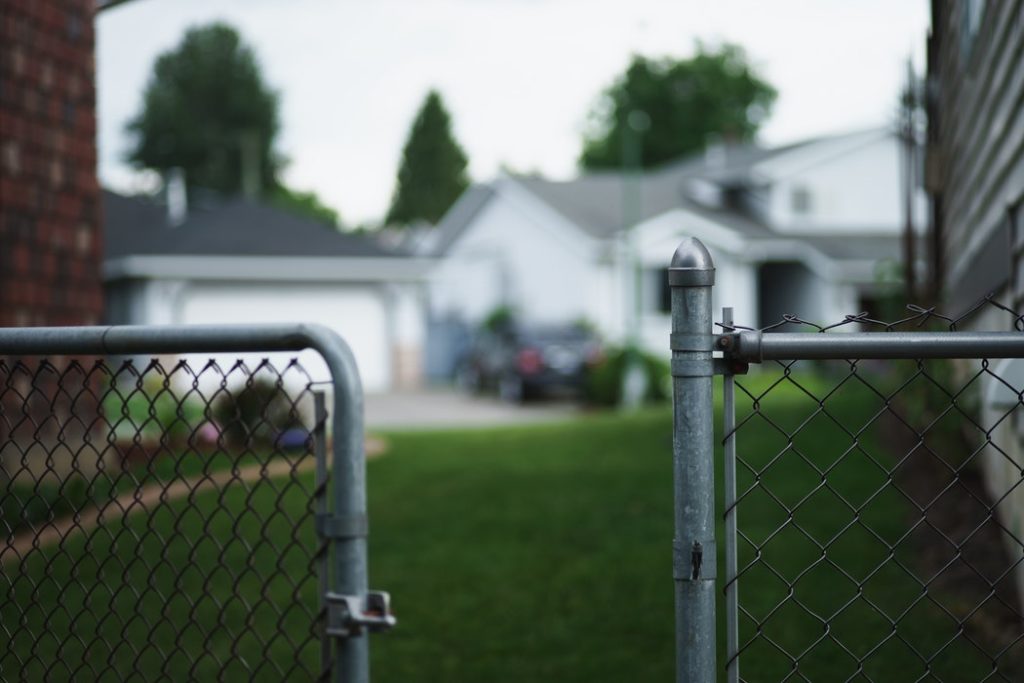
Most people will be aware of the long-term financial rewards that there are to be made from property investment and resale. If not then check it out, especially, if you already own a property and want to add some value to its overall net worth then you should consider the following, you may also notice added value potential figures too, however, bear in mind that your situation may vary
Frameless glass
Added value potential = #speak with your nearest specialist
A reasonably new addition to homes although you’ve probably seen similar products in things like offices and banks yet, they nearly always seem to be internal partitions. For a number of reasons, domestic frameless glass products like the ones seen here www.theframelessglasscompany.com have seen a lot of research and development take place resulting in domestic frameless glass products for the home and, in terms of value for money, they are one of the best value adding solutions. One of the biggest attractions is the amount of natural light that they let in and what they look like, a thing of beauty.
Convert into flats
Added value potential = 30%
If you own a property and lease it out or, even if you live in it but don’t use all of the space then you could convert the property into flats or, self-contained rooms. This is potentially one of the best money-making approaches when it comes to conversations, especially if you live near a large factory with contractors that come and go or, if you live in a built-up area.
Take London for example, some properties are 3 stories high with a loft so, potentially you could really rake it in and have 3 self-contained flats or, maybe 10 self-contained rooms with shared facilities. Some people are able to pay off their mortgage in much less time or earn a living from the monies paid by the tenants, it’s a ‘win win’ really unless you have particular feelings about retaining the character of your property.
Make a liveable garage space
Added value potential = 15%
If you have a garage but, don’t use it or, it’s full of old clutter then get a move on, a space like that is wasted if not used to park the car or things like tools and materials. Either way, if you can live without your garage space then convert it into a living space that someone else can live with and pay you some money to live there!
Build a conservatory
Added value potential = 10%
Conservatories were all the rage a couple of decades or so ago, they were marketing and sold extremely well, the installation though…. Not so good in many a sob story, which is probably why you don’t see as many going up these days as opposed to back in the early days.
That does however mean that you have something more unique which should make it a more desirable feature for potential purchasers. There are also frameless glass systems that can help create your space.









 2018 ·
2018 ·